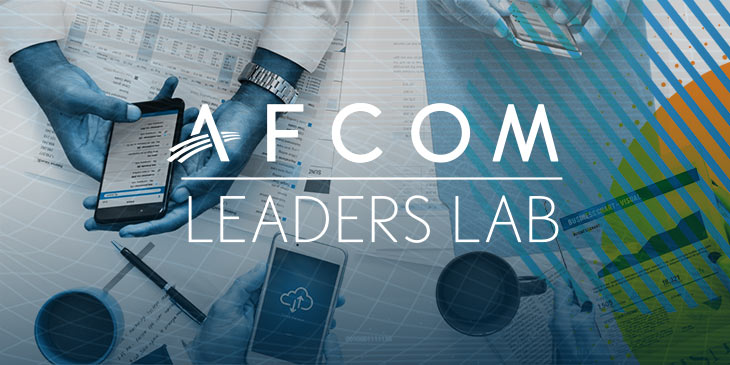An Introduction
A dozen of the industry's greatest minds attended an AFCOM Leaders Lab workshop during Data Center World 2022 to peer-review and validate a framework designed to quantify and simplify data center sustainability.
These handpicked senior data center practitioners were tasked with thinking about best practices for sustainability across four key categories: airflow management, electrical systems, mechanical systems, and processes. Their ideas and suggestions were then compared to a framework that the Data Center Efficiency Evolution Program (DEEP) team had developed over the past 18 months. Adjustments and additions were made as needed based on the group's input, resulting in a new industry standard for data center sustainability.
This paper will discuss the framework that the collaboration generated and the industry drivers that led to the need for such a framework.
The AFCOM and DEEP teams would like to thank the following participants for their valuable insights and experience:
- Kevin Kent, CFES and Moderator
- Janna Connor, BCBS of Texas
- Andrew Kasht, Bloomberg
- Ben Stewart, NTT Global Data Centers
- Butch Adkins, University of Kentucky
- Cameron Wynne, Element Critical
- Chris Cooke, Johnson & Johnson
Elliott Gillespie, Bluebird Network
- Michael Richman, U.S. Air Force
- Michael Whitlock, Sabey Data Centers
- Nick Benjamin, Cincinnati Insurance
- Pat Salvatore, Oracle
- Raymond Parpart, University of Chicago
- Todd Murren, Bluebird Network
Where we are today
Sustainability and carbon footprint reduction are more important than ever in the modern world. Many governments around the globe are working together to reduce emissions, decarbonize their economies, lower energy usage, and address climate change. Data centers have an important role to play in achieving these objectives.
According to the International Energy Agency, the number of internet users worldwide has doubled since 2010 and global internet traffic has expanded fifteenfold. Global internet traffic surged by more than 40% in 2020 alone as a result of increased video streaming, videoconferencing, online gaming, and social networking with the onset of the COVID-19 pandemic.
The good news is that energy efficiency programs have managed to contain energy demand growth from data centers, which have accounted for around 1% of global electricity use for the past decade — even though nearly all of the world’s IP traffic goes through data centers. But with global internet traffic expected to double again between 2020 and 2023, there is no room for complacency.
The time has come for the data center industry to up its game and create a system that enables greater visibility and accountability in fighting climate change. Strong efforts by government and industry are needed to curb energy demand and reduce emissions over the next decade. However, the industry lacks a way to measure sustainability performance. There are metrics that measure factors such as general energy efficiency, but don’t take into account key elements such as carbon footprint, renewable energy sourcing, recycling, water usage, and other areas that collectively encompass environmental responsibility.
It is this need that has driven the AFCOM community and DEEP team to create a framework to assess and certify data center sustainability. Download the full whitepaper to learn more about the framework, the industry collaboration that occurred, and tips for all data centers of all sizes to implement best practices in sustainability.
